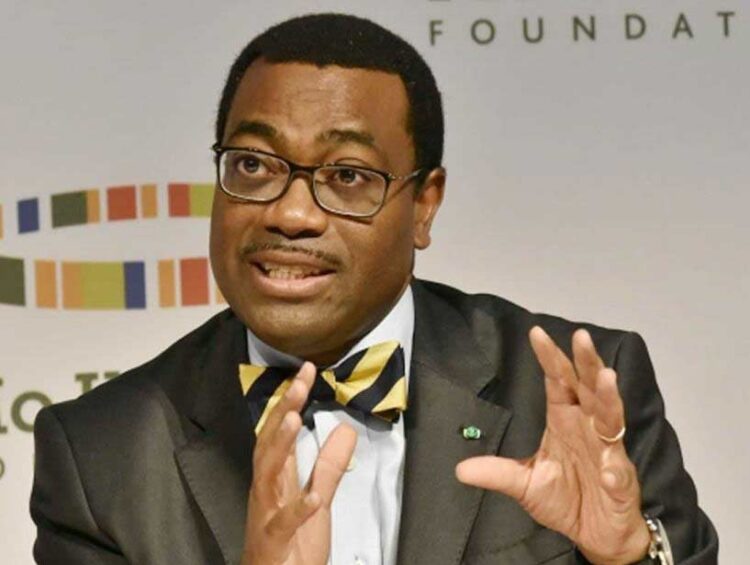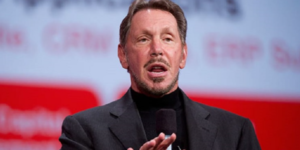Onanuga said the conclusions drawn by the Afdb chief were based on ‘faulty data and an incomplete understanding of Nigeria’s economic development.’
Presidential aide, Bayo Onanuga, has slammed the President of the African Development Bank (Afdb), Akinwumi Adesina, for comparing the nation’s current economic outlook to that of 1960.
This is coming after Adeshina condemned the economic policies of President Bola Tinubu‘s government, noting that Nigerians have been poorer than they were in the 1960s.
Responding to these claims, the Special Adviser to the President on Information and Strategy, Mr. Bayo Onanuga, issued a statement on Monday, May 5, describing Adesina’s figures as “inaccurate and misleading.”
Onanuga said the conclusions drawn by the Afdb chief were based on ‘faulty data and an incomplete understanding of Nigeria’s economic development.’
According to Onanuga, Nigeria’s GDP in 1960 stood at $4.2 billion, with a population of 44.9 million, resulting in a per capita income of just $93—far from the $1,847 figure quoted by Adesina. He explained that Nigeria’s GDP only began to rise significantly in the 1970s following increased revenue from crude oil. By 1970, GDP rose to $12.55 billion, climbed to $27.7 billion in 1975, and reached $64.2 billion by 1980.
In 1981, it hit $164 billion. Onanuga noted that per capita income never exceeded $880 until 1980, rose to $2,187 in 1981, and then dropped to $1,844 in 1982. It reached an all-time high of $3,200 in 2014 after a GDP rebasing. He questioned the basis of Adesina’s data, stating that it did not align with historical economic records.
Though Onanuga claimed his intent was not to tear apart Adesina’s figures, he criticized the AfDB president’s conclusion, likening his rhetoric to that of a politician.
“Adesina spoke like a politician, in the mould of Peter Obi, and did not do due diligence before making his unverifiable statement,” he said.
“No objective observer can claim that Nigeria has not made progress since 1960. Today, as we await the NBS’s recalibration of our GDP, we can comfortably say without contradiction that it is at least 50 times, if not 100 times, more than it was at Independence,” Onanuga added.
See below;









